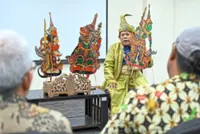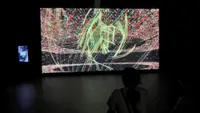Wong Phui Nam, one of the revered Malaysian literary pioneers who helped to shape the local English language writing scene and elevate the art of poetry in South-East Asia, died in his sleep last night in Kuala Lumpur. He was 87.
The news was confirmed by fellow poet-author Malachi Edwin Vethamani.





